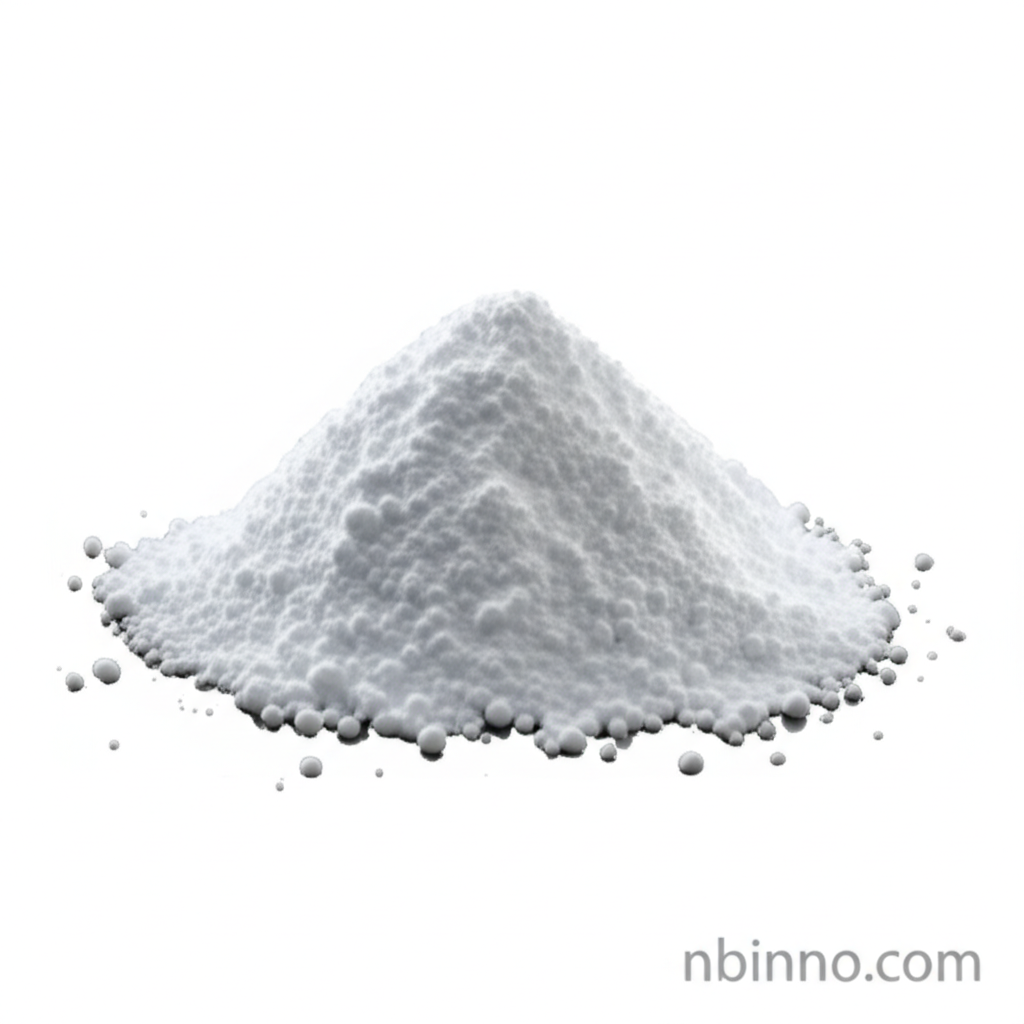High Purity Sodium Tungstate Dihydrate: Your Essential Chemical Partner
Discover the versatile applications and quality of Sodium Tungstate Dihydrate (CAS 10213-10-2) for your industrial needs.
Get a Quote & SampleProduct Core Value

Sodium Tungstate Dihydrate
Sodium Tungstate Dihydrate (CAS 10213-10-2) stands out as a critical fine chemical, essential for numerous industrial processes. Its high purity, often exceeding 99%, ensures reliable performance in sensitive applications. This inorganic compound serves as a key intermediate for tungsten-based compounds and acts as a potent catalyst in various oxidation reactions, contributing to efficient chemical synthesis. Sourced with strict quality control, it meets industrial standards for demanding chemical production environments.
- Explore the key chemical synthesis applications of sodium tungstate for developing novel materials.
- Utilize sodium tungstate's catalytic properties for efficient industrial oxidation reactions.
- Understand the critical reagent use of sodium tungstate in laboratory and industrial settings.
- Investigate the buy sodium tungstate 10213-10-2 options from trusted suppliers to ensure product quality.
Key Advantages of Using Sodium Tungstate
Superior Purity and Consistency
Benefit from the high purity of sodium tungstate, ensuring consistent and reproducible results in your chemical synthesis and production processes.
Versatile Catalytic Properties
Leverage the catalytic capabilities of sodium tungstate in oxidation reactions, a crucial aspect for many chemical manufacturing pathways.
Essential for Tungsten Compounds
As a primary intermediate for various tungsten compounds, its reliable availability supports the production of advanced materials and specialty chemicals.
Key Applications
Chemical Synthesis
Sodium tungstate dihydrate is instrumental in the synthesis of complex tungsten compounds and various organic molecules, a core area for chemical synthesis.
Oxidation Catalysis
Its robust catalytic activity makes it an excellent choice for promoting oxidation reactions in a variety of industrial chemical processes.
Laboratory Reagent
Widely employed as a reagent in analytical chemistry and biochemical research, its known properties make it a staple in many lab environments.
Textile Industry
Historically used for fireproofing and waterproofing textiles, showcasing its diverse functional properties beyond advanced chemical applications.
